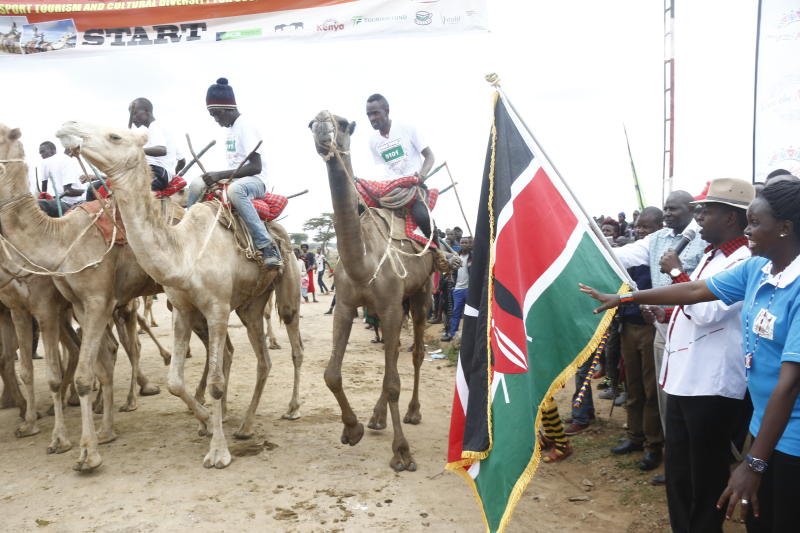×
The Standard e-Paper
Home To Bold Columnists

Lack of pasture and water have been the key cause of conflicts among the pastoralist communities in Northern Kenya but engagements of the communities in cultural-related activities have helped in reducing the conflicts.
Events bringing together several nomadic ethnic communities in Samburu, Isiolo, Marsabit and Laikipia counties have contributed in helpful discussions about the various challenges that face them as pastoralists such as education and environmental issues.